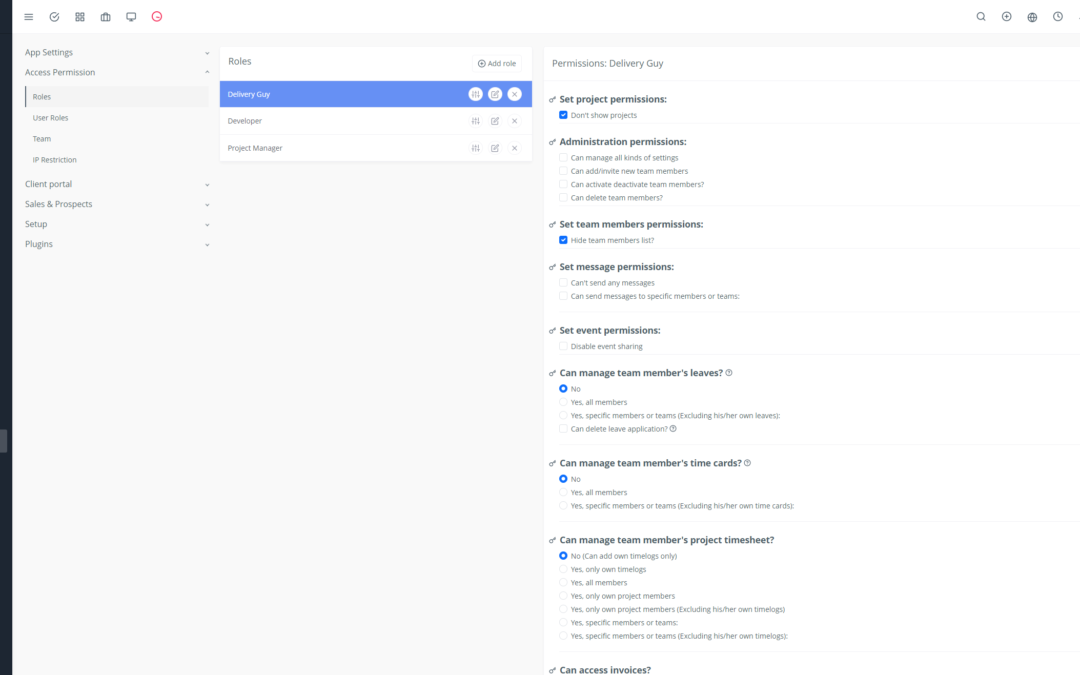Yoneos CRM offers a powerful and flexible API that allows you to interact with your data smoothly and efficiently. Whether you want to automate tasks, integrate third-party applications, or simply extract valuable information, the Yoneos CRM API is your ally.
In this article, we’ll explore the data formats supported by the Yoneos CRM API, guide you through its structure, and introduce you to the various features it offers.
Data Formats Supported by the Yoneos CRM API
The Yoneos CRM API supports the following data formats:
JSON (JavaScript Object Notation) 💻: A lightweight and easy-to-read data format, ideal for web and mobile applications.
XML (Extensible Markup Language) 📑: A hierarchical and flexible data format, widely used in enterprise systems.
CSV (Comma-Separated Values) 📊: A simple and text-based data format, ideal for importing and exporting tabular data.
Request and Response Formats
The Yoneos CRM API uses standard HTTP requests and responds in the chosen data format. You can choose the format that best suits your needs and technical environment.
JSON Data Structure
The JSON data structure is simple and intuitive. Data is organized in key-value pairs, where keys are strings and values can be strings, numbers, booleans, arrays, or objects.
“`json
{
“client”: {
“id”: 123,
“name”: “Acme Corporation”,
“email”: “info@acme.com”
}
}
“`
XML Data Structure
The XML data structure is hierarchical, with elements and attributes. Elements are used to represent data, while attributes provide additional information about the elements.
“`xml
“`
CSV Data Structure
The CSV data structure is simple and text-based. Data is organized in rows and columns, separated by commas.
“`csv
id,name,email
123,”Acme Corporation”,”info@acme.com”
“`
Examples of Requests and Responses
Get a client’s information (JSON):
Request:
“`
GET /api/v1/clients/123
“`
Response:
“`json
{
“id”: 123,
“name”: “Acme Corporation”,
“email”: “info@acme.com”
}
“`
Create a new client (XML):
Request:
“`
POST /api/v1/clients
“`
Request Body:
“`xml
“`
Response:
“`xml
“`
Error Handling
The Yoneos CRM API uses standard HTTP status codes to indicate the success or failure of requests. Errors are returned in the chosen data format, with a detailed error message.
Authentication and Authorization
The Yoneos CRM API uses an authentication system based on access tokens. You must obtain an access token by authenticating with your Yoneos CRM credentials. This token must then be included in all API requests.
Access Token Management
Access tokens have a limited lifespan. You can obtain a new access token using the API’s authentication endpoint. It’s important to properly manage access tokens to ensure the security of your data.
Using REST APIs
The Yoneos CRM API is based on the RESTful architecture. This means that resources are identified by URLs and requests are made via standard HTTP methods (GET, POST, PUT, DELETE).
Integration with Third-Party Applications
The Yoneos CRM API allows you to integrate your CRM with other third-party applications. You can use the API to synchronize data, automate workflows, and improve your business efficiency.
Task Automation
The Yoneos CRM API enables you to automate repetitive tasks, such as creating contacts, sending emails, updating tasks, and generating reports.
Data Extraction
You can use the Yoneos CRM API to extract data from your CRM and use it in analytics, reports, or third-party applications.
Data Import
The Yoneos CRM API allows you to import data into your CRM from external sources, such as spreadsheets or databases.
Data Synchronization
The Yoneos CRM API lets you synchronize data between your CRM and other applications, ensuring data consistency across your various systems.
Tips and Best Practices
Use an API testing tool to help you test your requests and identify errors.
Document your API requests to ensure you can easily understand and maintain them.
Use environment variables to store sensitive information, such as API keys and access tokens.
Create automation scripts to simplify repetitive tasks.
Additional Resources
Yoneos CRM API Documentation: https://yoneos.com(https://www.Yoneoscrm.com/api-documentation)
Yoneos CRM Community Forum: https://app.yoneos.com/signup(https://www.Yoneoscrm.com/forum)
Yoneos CRM Blog: https://app.yoneos.com/signup(https://www.Yoneoscrm.com/blog)
Conclusion
The Yoneos CRM API is a powerful tool that allows you to fully leverage the capabilities of your CRM. By utilizing the supported data formats, requests, and features of the API, you can automate tasks, integrate third-party applications, and improve your business efficiency. 🎉

